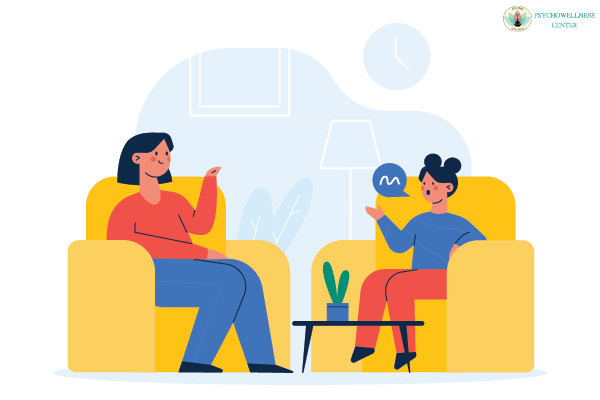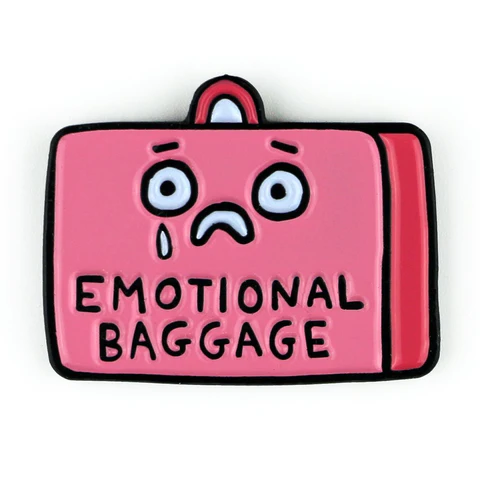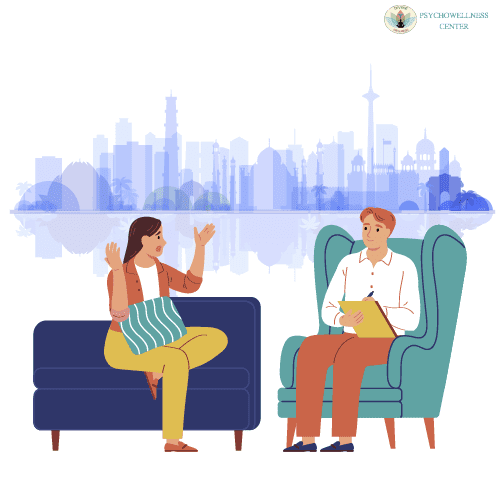How to Use Behavioural Therapies for ADHD

Your doctor will likely suggest behaviour therapy as a treatment option if your child has been diagnosed with attention deficit hyperactivity disorder (ADHD). Experts say it's the first step in successfully managing ADHD symptoms, regardless of your child's age. It emphasises behaviour rather than feelings. Your child will learn how to channel disrupting, negative energy into constructive ideas and actions. Occupational treatment and ADHD counselling are not the same as behavioural therapy. ADHD therapists may be a useful addition to your child's team to help with specific goals even if they are not therapists or medical experts. Occupational therapists assist in the growth of daily task abilities.
ADHD can be treated successfully with behaviour therapy, which also helps children with their behaviour, self-control, and self-esteem. When parents provide it to young children, it is most beneficial. Healthcare professionals should refer parents of children under 12 years old for behaviour therapy training, according to experts. Before providing ADHD medication for children under the age of six, behaviour management training for parents should be considered.
When parents receive behaviour therapy training, they gain knowledge and abilities to support their child with ADHD in achieving success at school, at home, and in interpersonal connections. Although it takes time and effort to learn and put behaviour therapy into practise, it has long-term advantages for the child and the family. Take guidance from the Best psychologist delhi or Counselling psychologist.
When should I get started?
When your child is diagnosed with ADHD, doctors frequently suggest behavioural therapy. This is frequently the only choice when a preschooler (age 4 or 5) is diagnosed. Studies show that for young children, both medication and behavioural therapy are equally helpful. If your preschooler's symptoms are severe or chronic, or if they show no signs of recovery, your doctor might recommend medication.
For children aged 6 and older, the American Academy of Paediatrics (AAP) suggests behavioural counselling in addition to medicine. Some therapists apply play therapy with children, in which the kid expresses feelings and experiences through play. The CDC notes that there is no proof that play therapy or conversation therapy helps young children with ADHD by lessening their symptoms.
Parent training
The parents who are raising the child—often the parent or parents—are the primary caretakers for behavioural treatment. They learn the methods and techniques they'll need for this work through parent training. This is the only form of therapy suggested by CDC. In order to acquire the techniques they'll need, as well as to provide support and feedback, the parent will typically meet with a therapist for at least 8 sessions. Parents might benefit from stress management training as well. When you're upset about your child's ADHD symptoms, it might help you learn coping mechanisms for staying calm. Teachers or other caretakers who spend time with your child also help. The goal is to surround your child with individuals who will regularly and successfully reward good behaviour and punish bad behaviour. Take help from the Online counselor or search for the Best psychologist near me.
How to get started?
Although some parents select a behavioural therapist for ADHD, you are not required to see a specialist. Parents can take classes on ADHD behaviour therapy. Find out if there are any classes in your region by asking your child's paediatrician. They are sometimes listed with names like:
Behavioural management training for parents
Behavioural parent training
Parent behaviour training
Parent training
You learn how to establish and maintain boundaries and how to react to ADHD behaviours from a therapist throughout class. According to research, this instruction will not only help your child quit behaving badly, but it will also strengthen your relationship.
Goals of the treatment
ADHD children frequently have problems staying quiet. They are sometimes impulsive and anxious. Both at home and in the classroom, it can be unpleasant. Your youngster will learn helpful skills in behavioural therapy. They:
Strengthen the values
Restrict disruptive actions
Teach a young person to communicate their feelings in a calm way.
It begins with three fundamental actions:
Give your child a specific objective. Be clear and logical. Make sure your youngster is aware of their responsibilities. For example, finish your assignments by a specific time.
Be dependable with your penalties and rewards. Reward your youngster whenever they behave well. Make sure they understand the effects of their behaviour and then put it into action.
For the duration of their childhood, consistently apply the rewards/penalties system. Thus, constructive behaviour is developed.
The following specific behavioural therapy methods:
Positive reinforcement: Reward your child for being good. For instance, if you do your coursework accurately and on schedule, you can play a video game.
The token economy: The ideas of reward and punishment are combined in this. Teachers typically use this approach when rewarding students with rewards like star stickers, but parents could follow suit as well.
Response cost: Unwanted behaviour results in the removal of privileges or benefits. You lose your computer time if you don't finish your homework, for example.
Time out: Preschoolers who misbehave repeatedly receive this standard punishment. For example, after beating your sister, you need to spend some time alone in silence.
Behavioral treatment, whether used in combination with medication, can assist your child reduce signs of hyperactivity, impulsivity, and inattentiveness. For medication refer the Best psychiatrist in India. As a result, your child may perform better academically, but you must persevere and be consistent. Remember that mastering new talents requires time. Do not anticipate immediate change. Behavioural changes could begin subtly. But things will get better with time, effort, and cooperation.
You may also make an appointment at the Psychowellness Centre with well-known, licensed psychologists for mental health therapy. The center is spread over Delhi NCR, Janakpuri, Dwarka, NOIDA, and Faridabad.
Contribution: Dr (Prof) R K Suri, Clinical Psychologist, life coach & mentor TalktoAngel & Ms Sakshi Kochhar, Psychologist.




SHARE